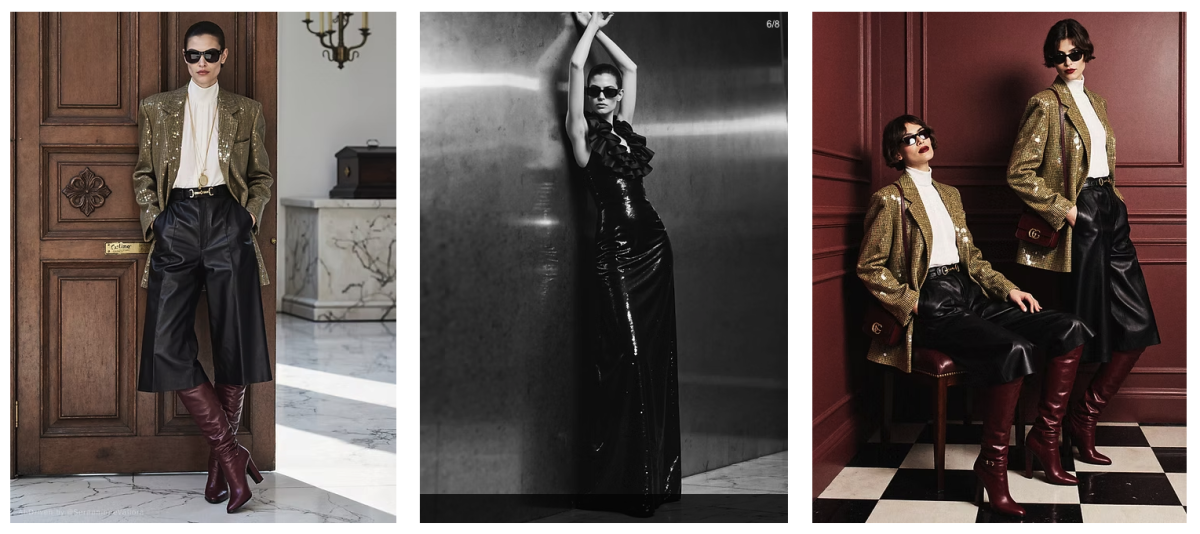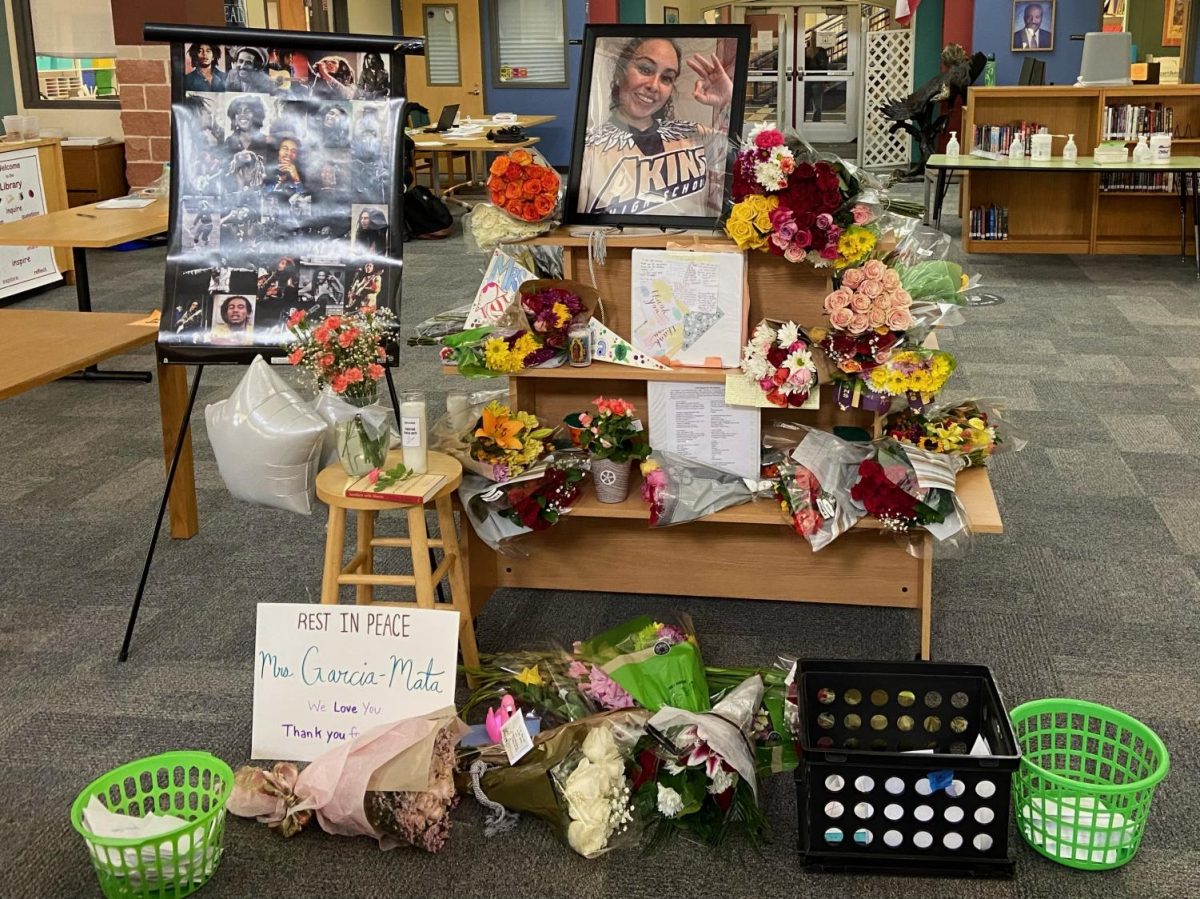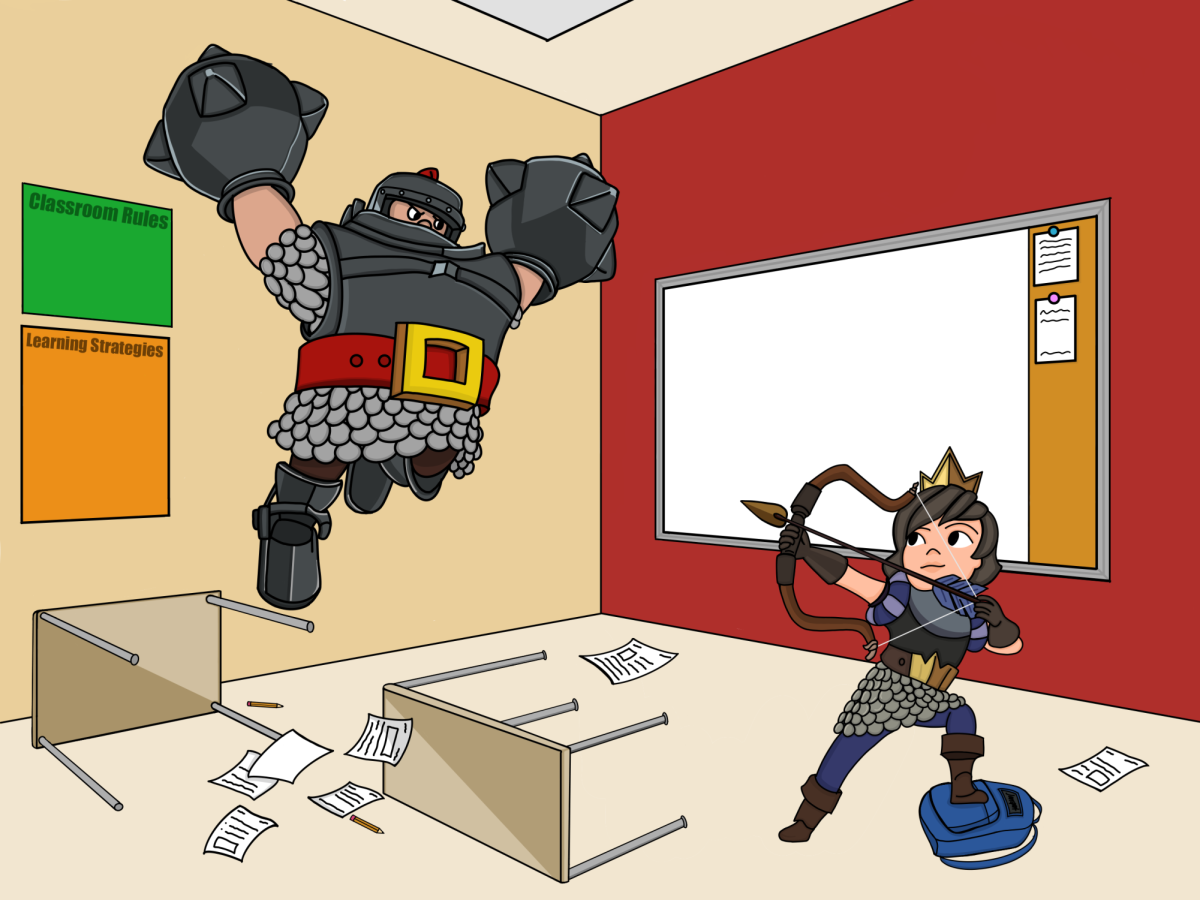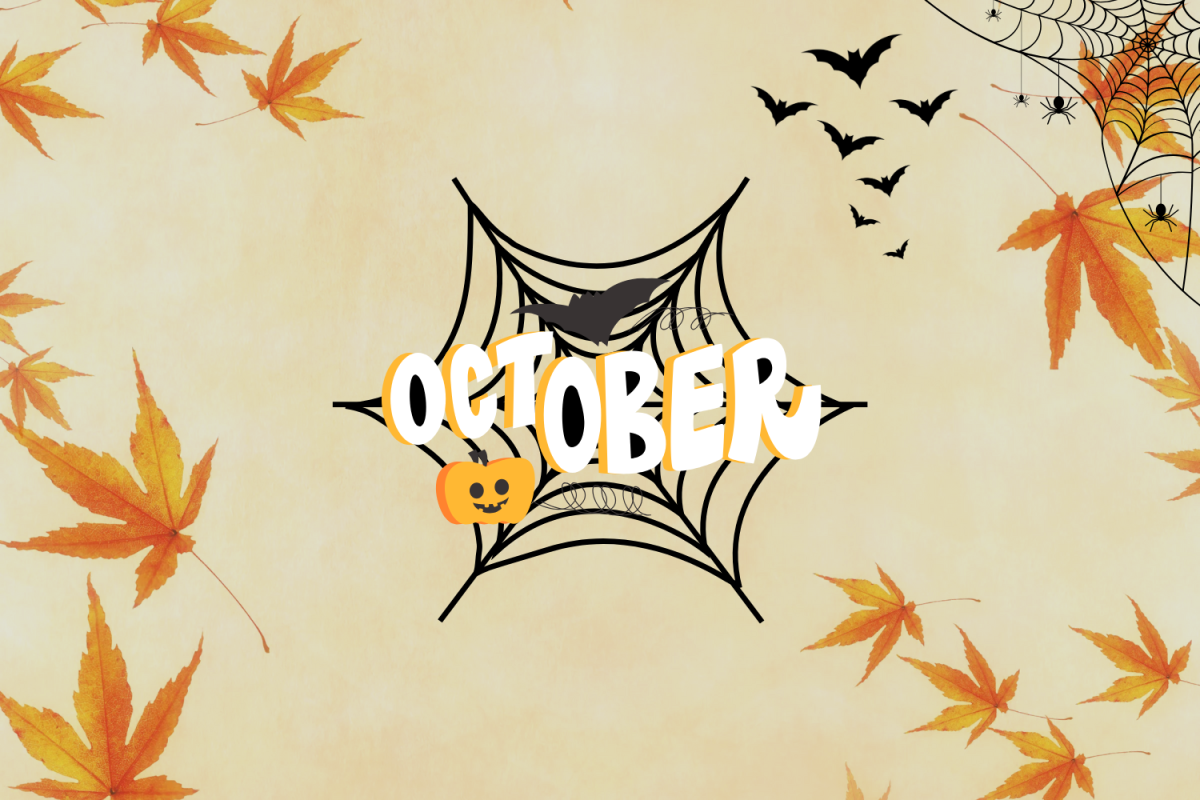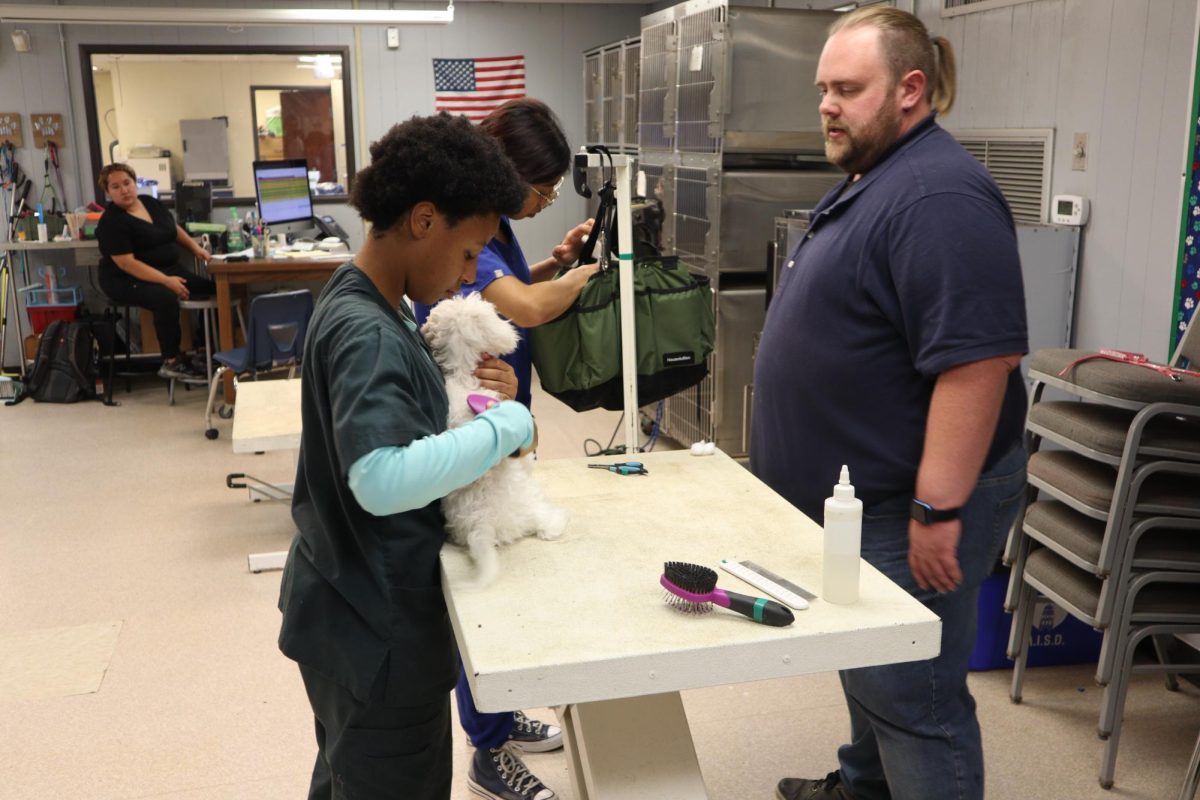Vogue has been a staple in the fashion industry for years. It holds the power to create and shape aesthetics and values that influence each generation. People trust that Vogue is fully authentic and diverse in their monthly subscription magazines. However, as artificial intelligence becomes increasingly common, it is slowly integrating itself into spaces once defined by human creativity. Recently, Vogue published an advertisement featuring an AI-generated model, created by Seraphinne Vallora, a company that solely creates highly realistic fake models to mimic someone who is “perfect.”Model Felicity Hayward said in a recent BBC news article that this campaign was “another kick in the teeth,” especially for models with realistic body types who already feel that they cannot fit into the fashion industry. While it may seem easier to type in a prompt and profit hundreds, it does more damage than good. For young photographers, models, and writers, landing a feature in Vogue has usually been a career-defining opportunity. Replacing those opportunities with AI-generated content robs new and emerging talent. Instead of original work, it has slowly started to erase the human stories in the fashion industry. Presenting fake, impossibly perfect bodies creates a new, dangerous beauty standard. When readers compare themselves to unattainable AI-generated content, it can deepen insecurities and exacerbate the pressure that people already face from social media. Vogue had always celebrated individuality, artistry, and human stories behind styles. However, the growing presence of AI in fashion magazines is starting to strip away the authenticity of it all. Allowing AI to replace creative voices risks turning a fun, unique experience into soulless media. Fashion is about emotion and vision, not prompts and perfection. Instead of surrendering to AI, we should challenge and protect spaces where human creativity is crucial.. Studies that have been done by NBC show that “teenagers between 13 and 19 years are increasingly seeking cosmetic procedures and were found to be suffering from depression, anxiety, and low self-esteem due to an obsession with body image and celebrity culture fueled by social networking sites.” Though social media has always put an immense amount of pressure on young women and teenagers by the showcase In stereotypical bodies, the use of AI is now causing adolescents to compare themselves to fake media. This can lead to body dysmorphphia, eating disorders, and other possible bad impacts on mental health. In conclusion, AI has so many bad effects on different groups of people and the environment, and we must recognize and change that.
Categories:
Fashion Companies Use AI Models
Critics worry tech creates unrealistic beauty standards
0
Donate to The Eagle's Eye
$190
$500
Contributed
Our Goal
Your donation will support the student journalists of Akins High School. Your contribution will allow us to purchase equipment and cover our annual website hosting costs.
More to Discover
About the Contributor
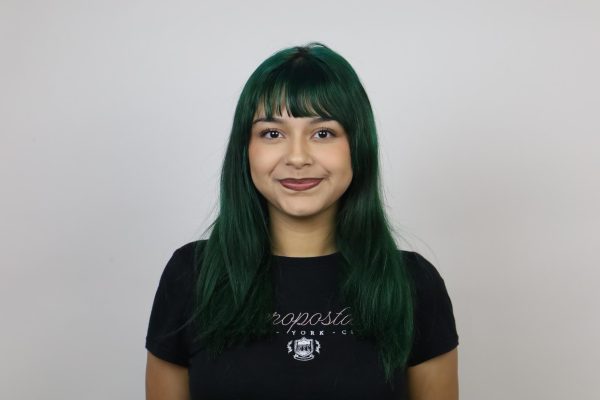
Nevaeh Escamilla, Staff Writer
Name: Nevaeh Escamilla
Grade: 11th
Academy: ABLLE2
Number of Years on Staff: First Year
Title: Staff Writer
Why do you enjoy being on staff? It’s fun and unique to anything I’ve ever done.
Instagram Handle: Whiningheart


